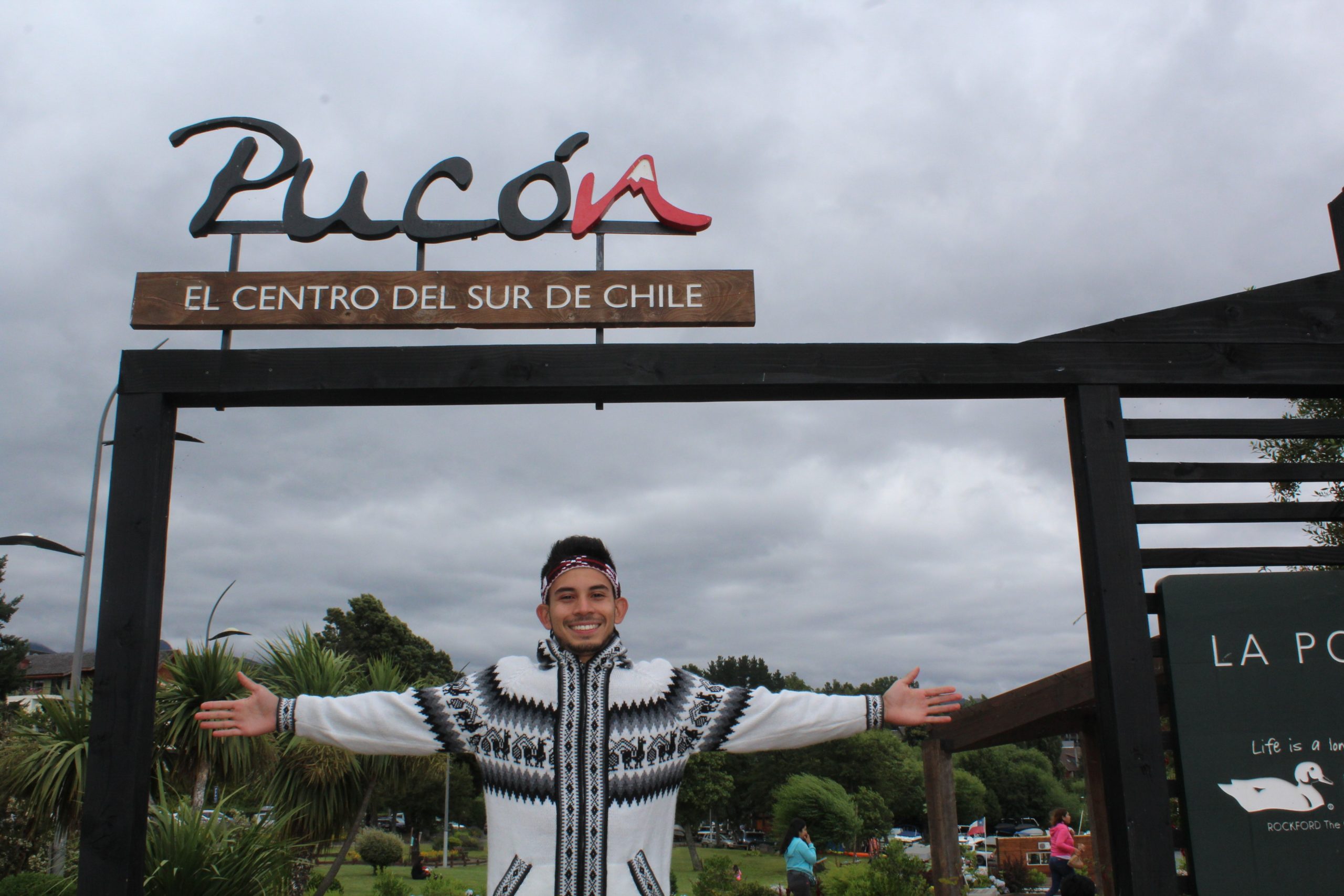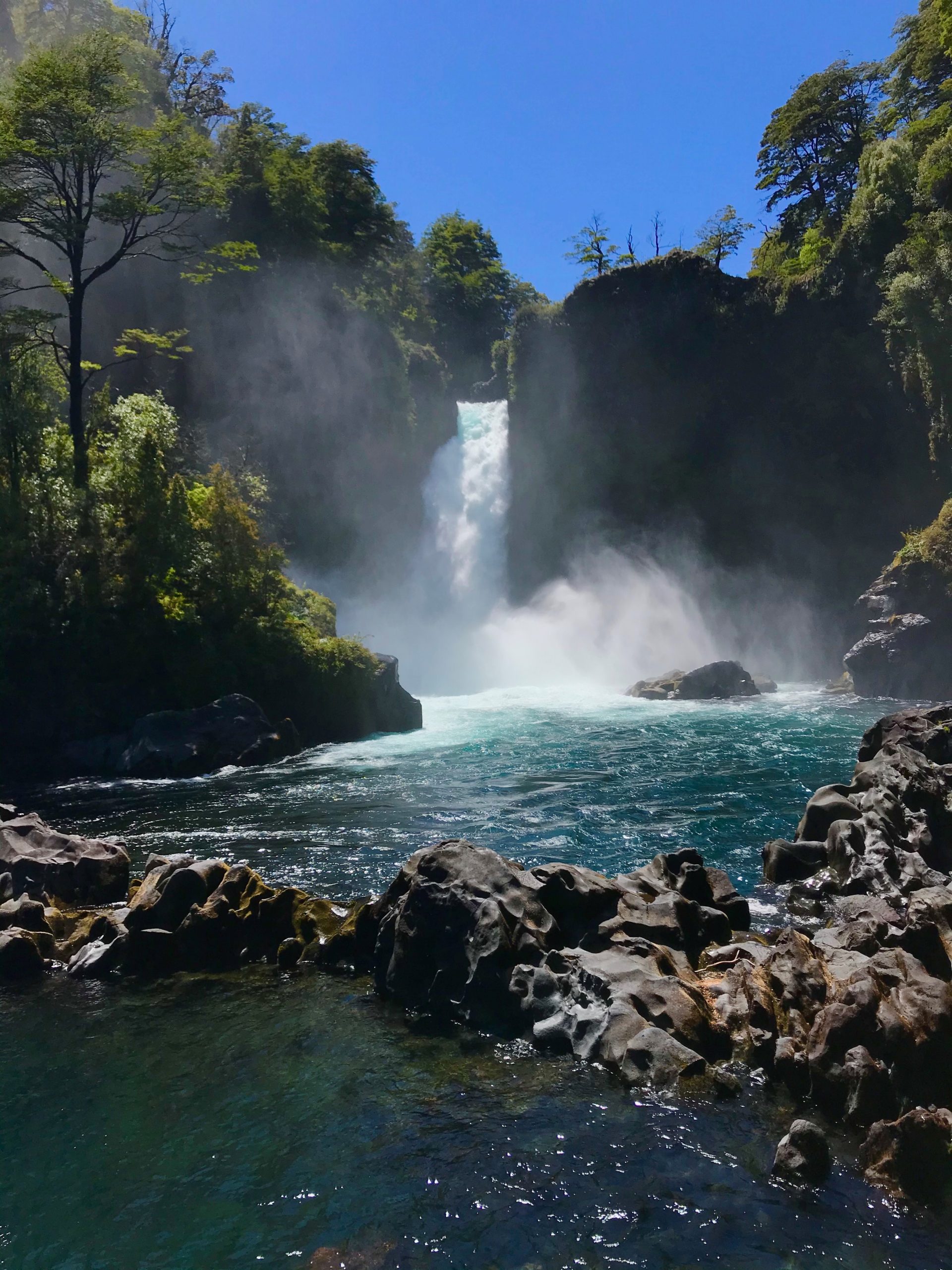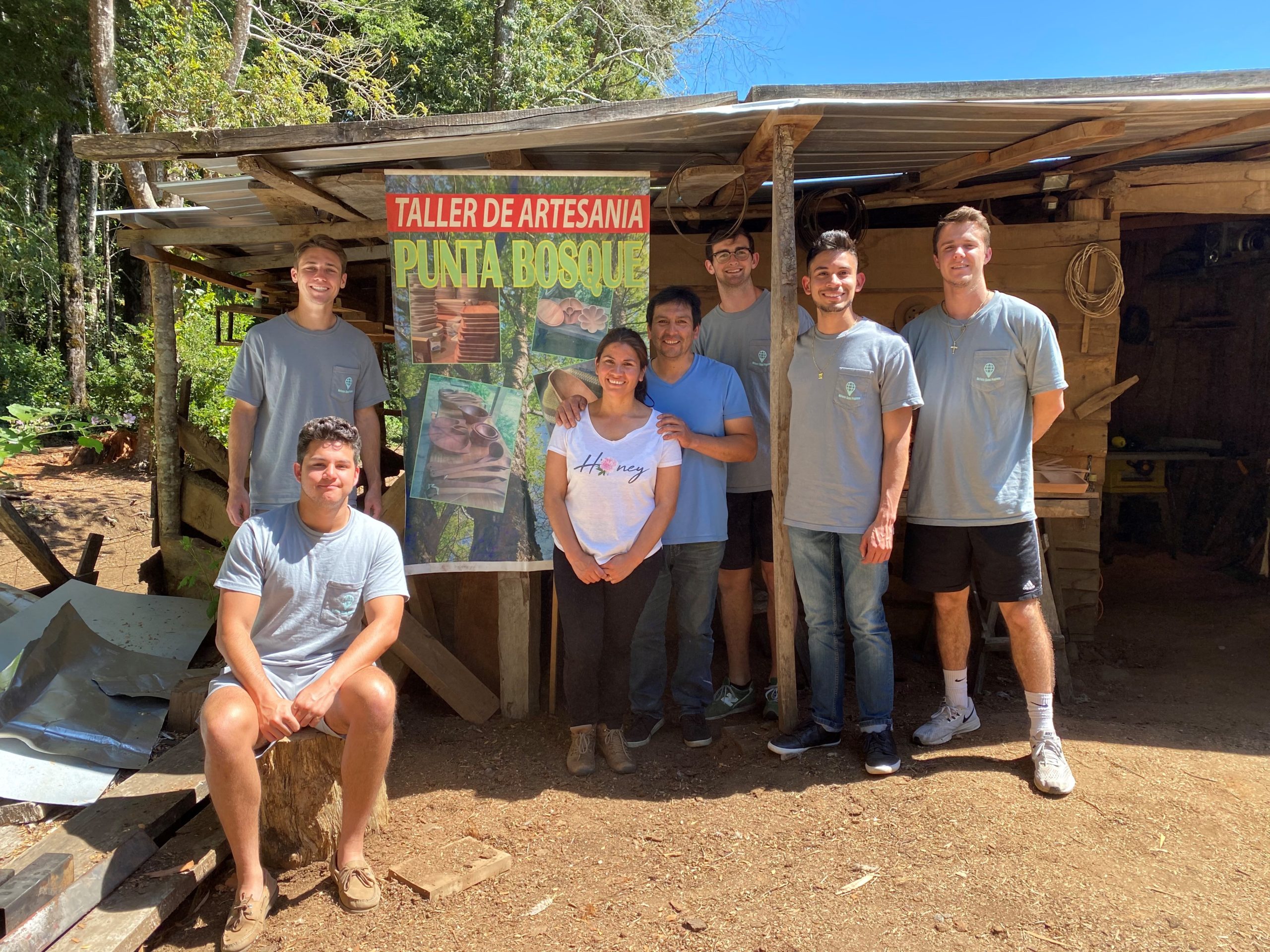Challenging Your Reality: Entrepreneurial Experiences in Chile by Irvin Ventura ’21
February 21, 2020
|
Mays Business School
EDITOR’S NOTE: Irvin Ventura ’21 traveled to Chile in January of 2020 as a part of the McFerrin Center for Entrepreneurship’s study abroad program. This program supports Mays Business School’s Strategic Mission and Grand Challenges. Below is his reflection on his time in Chile and the impact it had on him as a student, entrepreneur, and Aggie.
Learn more about study abroad experiences offered through the McFerrin Center for Entrepreneurship.

Traveling abroad indisputably challenges your notion of reality and exposes you to a new understanding of consciousness and human existence. I have had the privilege of traveling to multiple Latin countries during my time at Texas A&M, but I can honestly say that visiting Chile has had the greatest intellectual impact on my appreciation for nature and understanding of entrepreneurship.
The geographical sights of Chile are truly breath-taking. The country has an array of natural landforms to be captivated by, from the snow-covered Villarrica volcano to the crystal-clear waterfalls in the Huilo-Huilo Biological Reserve. Witnessing the different landforms in Chile left me astonished by the beauty that nature is capable of producing. As Americans, it is very easy to forget about how mesmerizing the creations of nature can truly be, as we are often focused on our work, school, and other implications of Western civilization. Chileans pursue many of the same things that Americans do as far as entrepreneurial aspirations, but they don’t forget about the beauty and power of nature; they embrace it. Environmental conservation is something that has become a widespread concern in America since about the 1960s, but in Chile, it is a lifestyle that has been passed on for generations. The Mapuche tribe, which is an indigenous group in Chile, is largely responsible for the passing of these principles. When conversing with locals, many of them explicitly expressed to me how important environmental preservation is for their culture. From a more observant perspective, I was able to see that they truly practice what they preach. The streets of Santiago are relatively free of litter, and the fields of Villarica will not hold a speck of litter either. This was one of the most inspiring parts of the trip.

The intriguing aspects of Chilean culture stretch far beyond their environmental concerns. Due to Chile’s unique history, its culture is influenced by many different backgrounds. For example, many schools in Villarica actually teach German as a result of early German colonization. Many small businesses have German-influenced names and architectures as a result of this, too.
Meeting the entrepreneurs was definitely a highlight of the trip. I had the opportunity to work with an array of businesses, from wood-craft shops to jewelry shops. Each of these businesses had their own unique obstacles they were looking to overcome, but nevertheless they were all extremely grateful to be meeting with students from Texas A&M. They were very open to the suggestions we gave them, asked insightful questions and even fed us. I was a translator for my group, which was definitely a bit of a challenge at times, but it was well worth it when I was able to see how much the entrepreneurs appreciated everything we did for them.
From an entrepreneurship standpoint, I gained a new perspective on a few things. Entrepreneurs in Chile served as problem-solvers for the community, just as American entrepreneurs do here. One of the main differences is that they generally want to make enough to get by and provide for their families; scaling their business is not much of a concern for them. Here in America, entrepreneurship is often associated with scaling-up and becoming the next Amazon or Google. However, most Chileans define success as being able to provide for their families year-round on a consistent basis. This is an idea that I found surprising initially, but after conversing with the entrepreneurs I began to understand why. Scaling means more costs, time, resources and much more energy that the entrepreneurs would rather use to spend time with their families.

Another new perspective I gained was the importance of competitive advantages. In American entrepreneurship, one of the early stages of starting a business is developing a competitive advantage. Business owners strive to create a competitive advantage for themselves to rise above their peers. In Chile, markets are very homogenous. Everyone in markets essentially sells the same thing for the same price, thus the idea of competitive advantage is not something people think about. We found that the lack of competitive advantage was holding many ambitious entrepreneurs from reaching the next level of their business. Many of them were exhilarated when we introduced them to these ideas.
The McFerrin Global Entrepreneurship trip to Chile has been one of the biggest highlights of my college career. I am certain that I will look back on this experience many years into my professional career and still appreciate every moment of it. I fell in love with the Chilean culture and have enthusiastically shared aspects of it with my peers back in College Station. I am grateful to have had the opportunity to meet so many amazing people while over there and am ready to explore other countries who seek help from Aggies!


